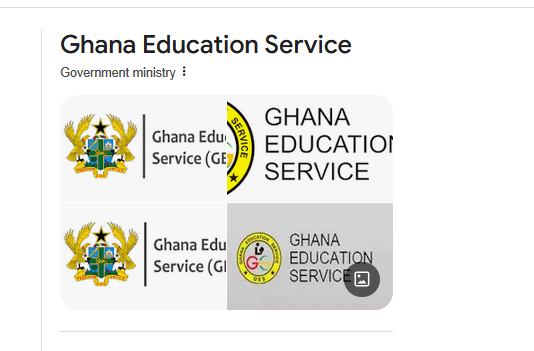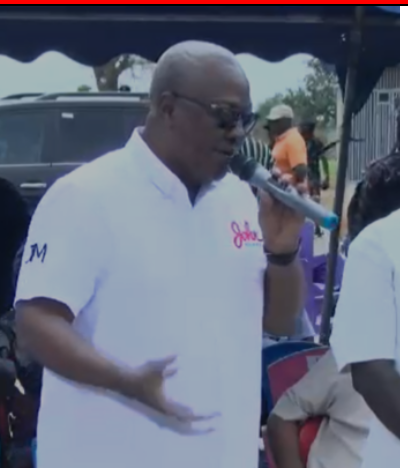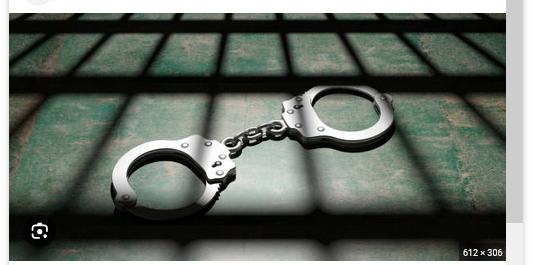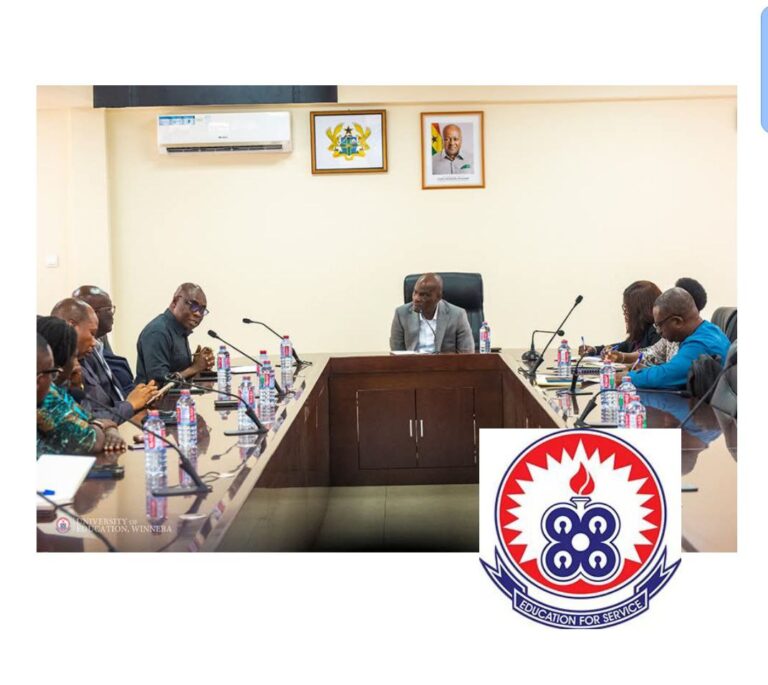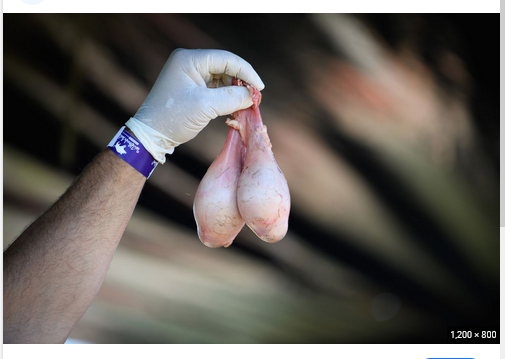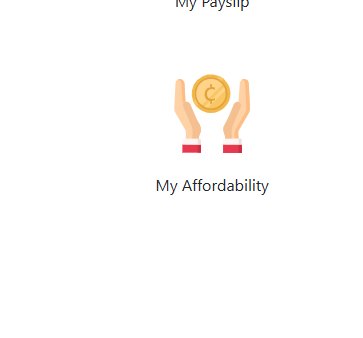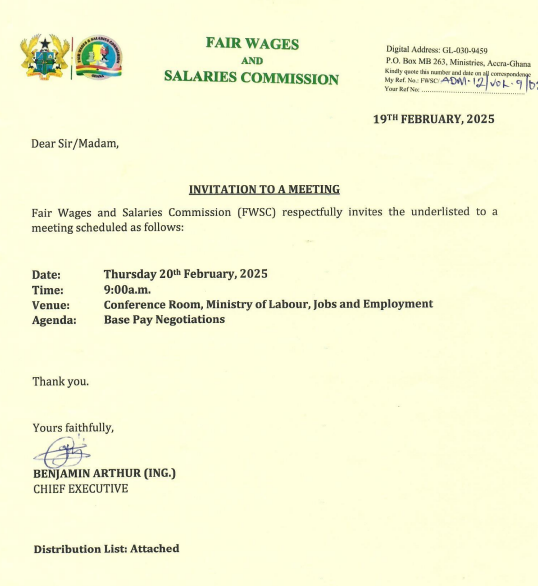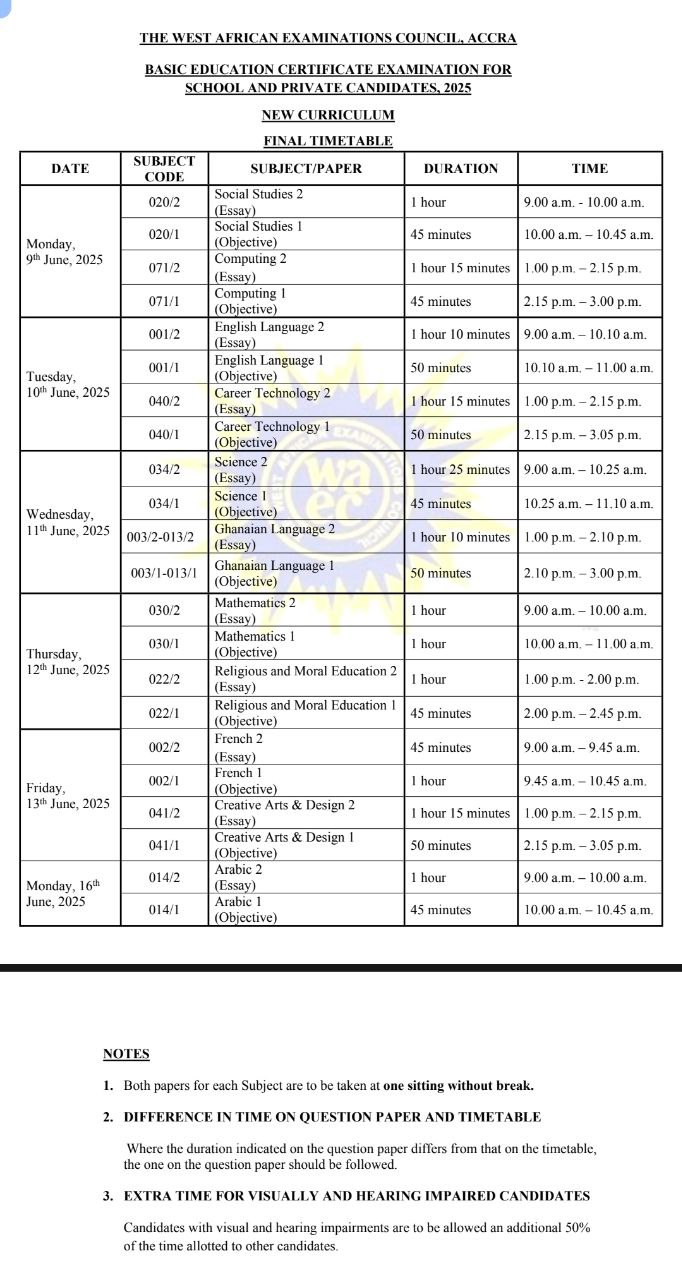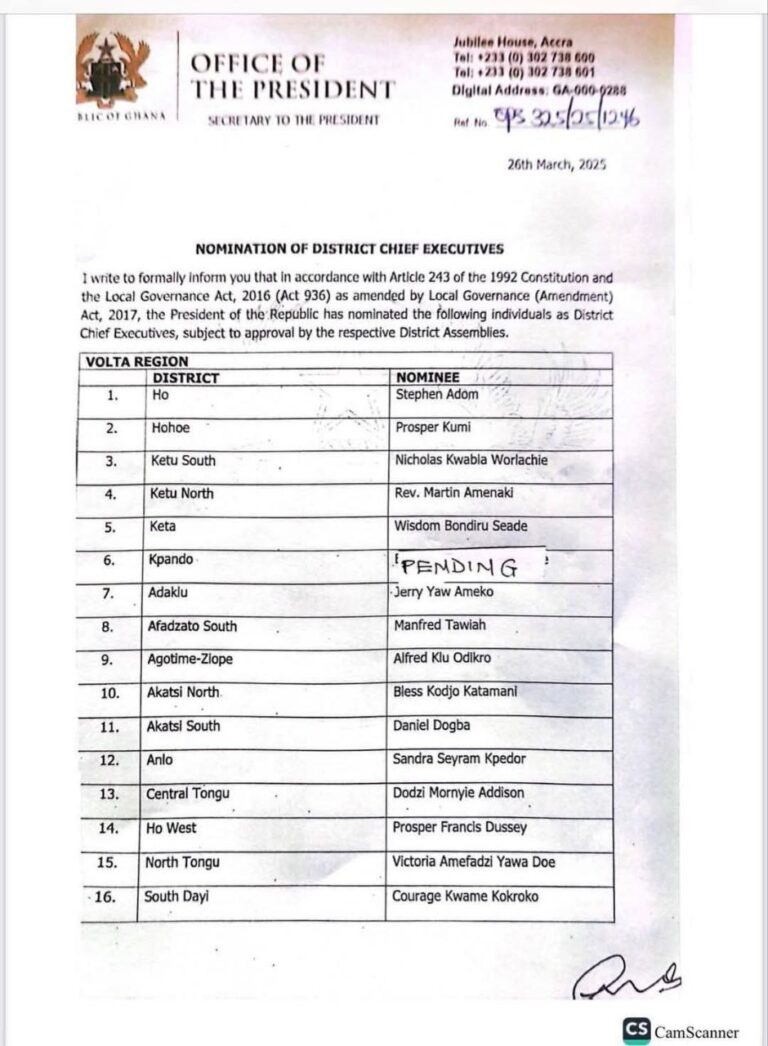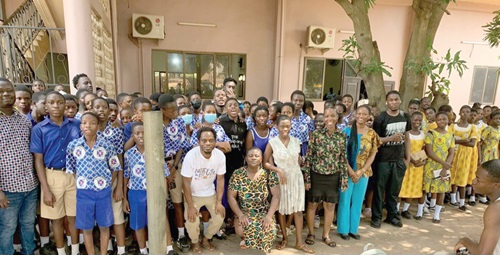A stroke occurs when the blood supply to part of the brain is interrupted or reduced, preventing...
Blog
Did you know after 6th March is a resting day for students who went to march? On...
GES Directive On Independence Day Parade Seekers Consult we’ve got you, CAGD Loan, Transcript from Universities,...
A total of 21 basic primary schools in the Bimbagu Circuit in the Bunkprugu/Nakpanduri District of the...
President John Dramani Mahama says there will be an extra day of holiday for the Muslim celebration...
Six Arrested, Three on the Run After Alleged Gang Rape of Two JHS Students in Kasoa Ofanko...
Education Minister Pledges to Integrate UEW-Trained Teachers into GES The Minister of Education, Hon. Haruna Iddrisu,...
Woman arrested for biting customer’s testicles over 20 pesewas A 43-year-old woman, identified as Esi Affumwaa, has...
Loan Affordability Calculator: How to Calculate Loan Affordability When it comes to taking out a loan, understanding...
Government Approves 10% salary increase for public sector workers The much-anticipated 2025 base pay negotiations between the...



